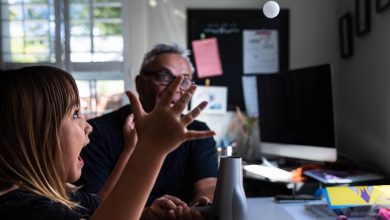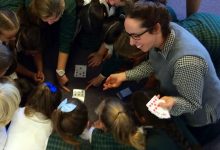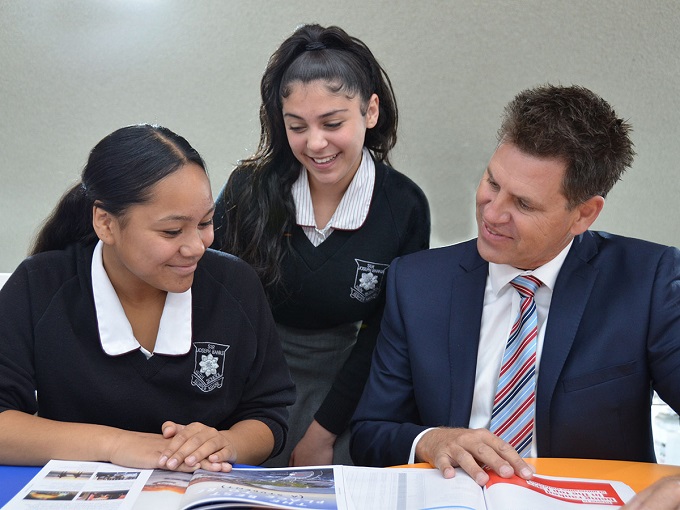
In another bold move from Finland, there will be no more maths, literature, history, geography, or any specific school subjects. Learning will occur in a project based format, and students will have the opportunity to select their own areas of study.
The head of the Department of Education in Helsinki, Marjo Kyllonen, explained the changes to the Independent: “There are schools that are teaching in the old-fashioned way which was of benefit in the beginning of the 1900s — but the needs are not the same, and we need something fit for the 21st century.”
According to the report in the Independent, instead of individual subjects, students will study events and phenomena in a cross curricular format.
For example, the Second World War will be examined from the perspective of history, geography, and maths, while taking a course ‘working in a café’ would involve communications style customer service training, as well as economic material and the Finnish students would also study the English language as part of this course.
[pro_ad_display_adzone id=”5852″ align=”left”]This system will be introduced for senior students, beginning at the age of 16. We are all familiar with the complaint: “why do I even need to know this?” and whether students will use this or that in the ‘real world’ is almost a constant debate.
Lecture style classes will also be phased out, in favour of a move towards small group work based learning.
The Finnish education system encourages collective work, which is quite a familiar refrain across the world. Team-teaching is frequently recommended by progressive educationalists, and would seem to carry all the accepted merits of team work in any profession.
Around 70 percent of teachers in Helsinki have already undertaken preparatory work in line with the new system for presenting information, and, as a result, they’ll get a pay increase.
The changes are expected to be complete by 2020.







